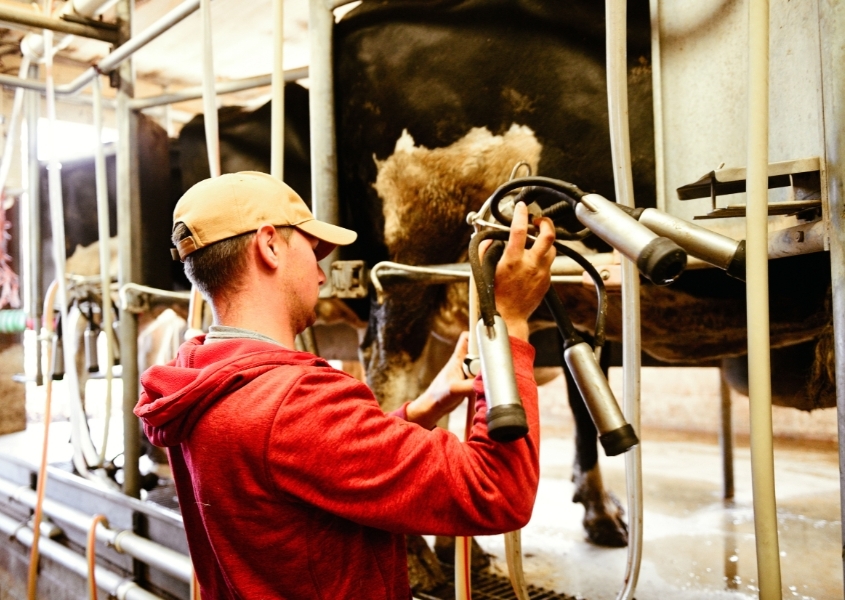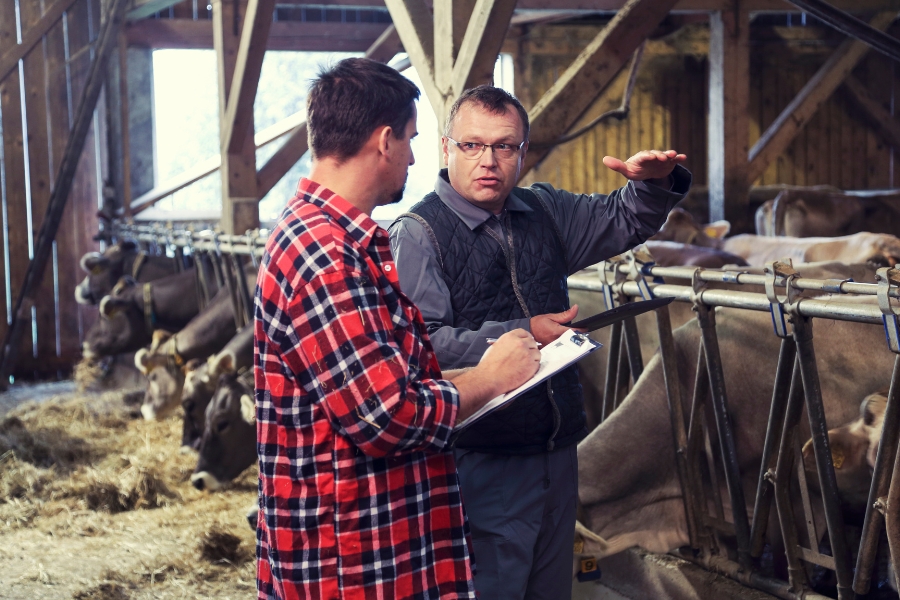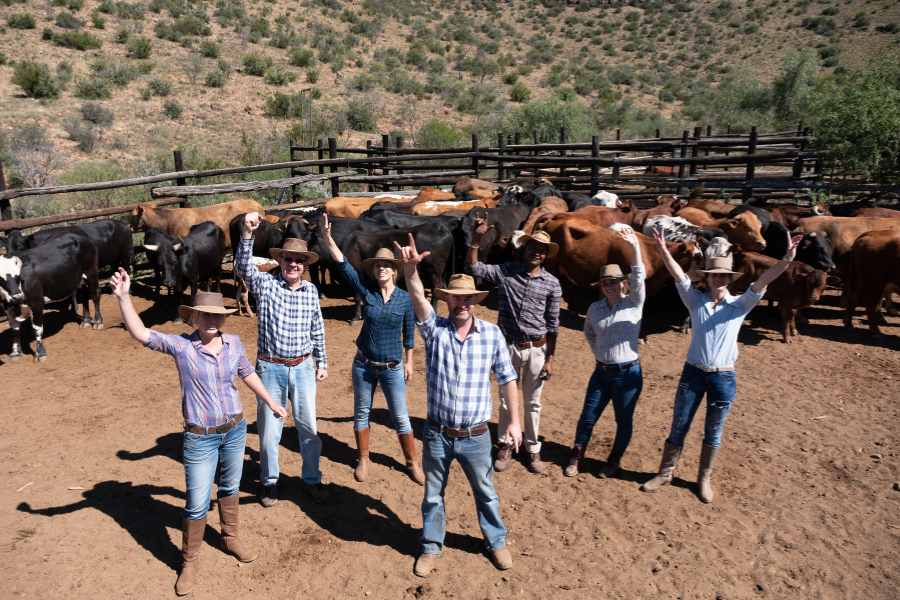“Should I feel guilty for delegating the hard, physical work to my team while I focus on tasks in the office?”
This question reflects a challenge faced by many farm owners. There’s a deeply ingrained belief in farming culture that true leadership comes from hard physical labor alongside the team. While physical effort has its value, the mental labor of managing, leading, and strategising is equally crucial for the farm’s success.
Farm owners often wear multiple hats—farmhand, manager, leader, and visionary—each demanding different skills and energy. Recognising the importance of balancing these roles, especially through effective delegation, is key to unlocking a farm’s full potential. By shifting your mindset and embracing leadership, you’re not stepping back; you’re stepping up for the long-term growth of your farm and family.
In this blog, we explore why effective delegation, clear communication, and focusing on both mental and physical labor are the pillars of sustainable farming success.
The Farmer’s Quadrant: Understanding Your Role
Every task in farming lies along a spectrum of physical effort and mental effort. Whether shoveling grain or planning for the next decade, tasks vary in their demands. As a farm owner, your responsibilities span:
- Farmhand: Hands-on, physical tasks like livestock care and machinery maintenance.
- Manager: Overseeing operations, delegating tasks, and ensuring accountability.
- Leader: Coaching and empowering your team to grow and excel.
- Visionary: Crafting strategies and making long-term decisions for your farm’s future.
Success doesn’t mean abandoning physical labor altogether; it means finding the right balance. Strategic delegation allows you to prioritise leadership and visionary roles, ensuring sustainable progress.
Overcoming Guilt: Redefining the Value of Your Contribution and Effective Delegation
For many farm owners, stepping away from physical tasks feels like letting the team down. But consider this: your role as a leader and decision-maker is just as vital as the work in the field. Effective delegation isn’t about avoiding hard work—it’s about placing your energy where it yields the greatest impact.
To overcome guilt, focus on these strategies:
- Acknowledge the Value of Mental Labor: Leadership and decision-making are demanding tasks that require focus, creativity, and emotional energy. These are not “lesser” forms of work—they are essential for growth.
- Educate Your Team: Share the spectrum of responsibilities you manage, from operational decisions to long-term planning. When your team understands your broader role, they’ll see your absence from physical tasks as a strength, not a weakness.
- Create a Culture of Trust: Building a dependable, self-reliant team means creating systems and fostering a culture where delegation isn’t just effective—it’s celebrated.

Delegation: The Ladder to Success
Delegation doesn’t mean doing less; it means doing what matters most. Start small, gradually entrusting your team with larger responsibilities as they gain confidence and skills. Use this hierarchy to prioritise:
- Farmhand Work: Delegate repetitive physical tasks like cleaning, hauling, and feeding.
- Management Duties: Train your team to handle logistics, scheduling, and reporting.
- People Management: Empower leaders within your team to oversee hiring, performance reviews, and team building.
- Visionary Tasks: Retain control over strategic decisions while mentoring others to manage day-to-day operations.
This approach builds a resilient, self-sufficient team, freeing your time for high-impact tasks.
Setting Clear Expectations: Bridging the Gap Between Roles
Delegating effectively requires a clear vision of how your time should be spent. Consider breaking your week into these percentages:
- 30%: Physical tasks, focusing on those you enjoy or are particularly skilled at.
- 20%: Managerial oversight, ensuring smooth operations.
- 20%: Leadership activities, like mentoring and team development.
- 30%: Visionary roles, crafting strategies and exploring growth opportunities.
Communicate these plans with your team to foster alignment and understanding. This transparency strengthens their trust in your leadership and clarifies their roles within the bigger picture.
Leadership for a Sustainable Future
Leadership isn’t just about getting the work done—it’s about enabling others to thrive. By focusing on both the mental labor of strategic decision-making and empowering your team, you build a resilient farm capable of weathering challenges. This shift not only improves operational efficiency but also enriches your personal life by freeing time for family and leisure.
Ready to take your farm to the next level? Download our Ultimate Time-Freedom Checklist to start learning how to systemise, delegate effectively, and focus on the roles that matter most. Start your journey toward sustainable success today.
If you found this article helpful, share it with your network to help others unlock their farming potential. Don’t forget to like and follow us on social media for more insightful tips: Facebook, Instagram, and LinkedIn. Let’s empower more farmers together!

 Enable Ag
Enable Ag

 Enable Ag
Enable Ag
 Enable Ag
Enable Ag
